Judas, the action-adventure first-person shooter debut from the “rebranded” developer Ghost Story Games, is not shying away from its shared history with and comparisons to BioShock; so much so that they certainly seem to be connected.
Ghost Story Games was “founded” in 2017 by Ken Levine, a lauded game director most known for creating the BioShock trilogy for Irrational Games under the 2K publishing banner. Irrational was restructured, temporarily shut down, and rebranded as Ghost Story Games. Judas then debuted in 2022 with a trailer that opened with “from the creator of BioShock” in big letters, and much that’s been shown and written about Judas paints a picture of a game that can be considered a spiritual successor to BioShock, most recently during the PlayStation State of Play.
Do Judas and BioShock share the same universe?
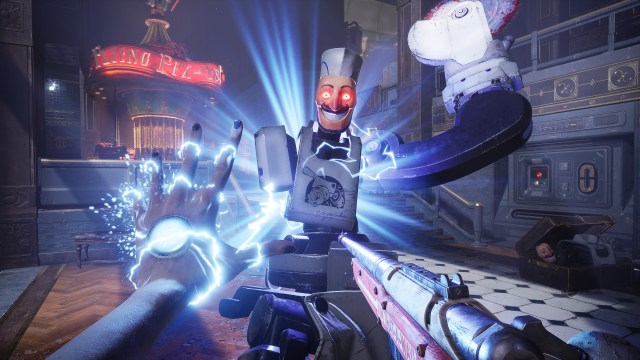
While several comparisons can be made between Judas and the BioShock franchise, Judas is not a continuation of BioShock. On Ghost Story’s webpage, the developers explain: “While members of the Ghost Story team helped create and develop the BioShock games and we’ve supported the community in the past, we’re no longer working on the BioShock franchise.”
Levine and Ghost Story Games leadership have said on several occasions that the game takes place in “an entirely new world.” However, it’s not unreasonable to think Judas could exist in the same universe as BioShock, especially after BioShock Infinite had you literally exploring alternate universes through Tears.
Mayflower, a city in space that acts as the setting for Judas, can be considered a natural upward progression after first going from the underwater dystopia Rapture and then on to the skybound steampunk theocratic police state Columbia in BioShock.
Between citizens tearing at each other’s throats, robots that once served humans turning homicidal, and a confused protagonist at the center, there’s plenty of BioShock in Judas. But are the two actually connected? That’s yet to be discovered.


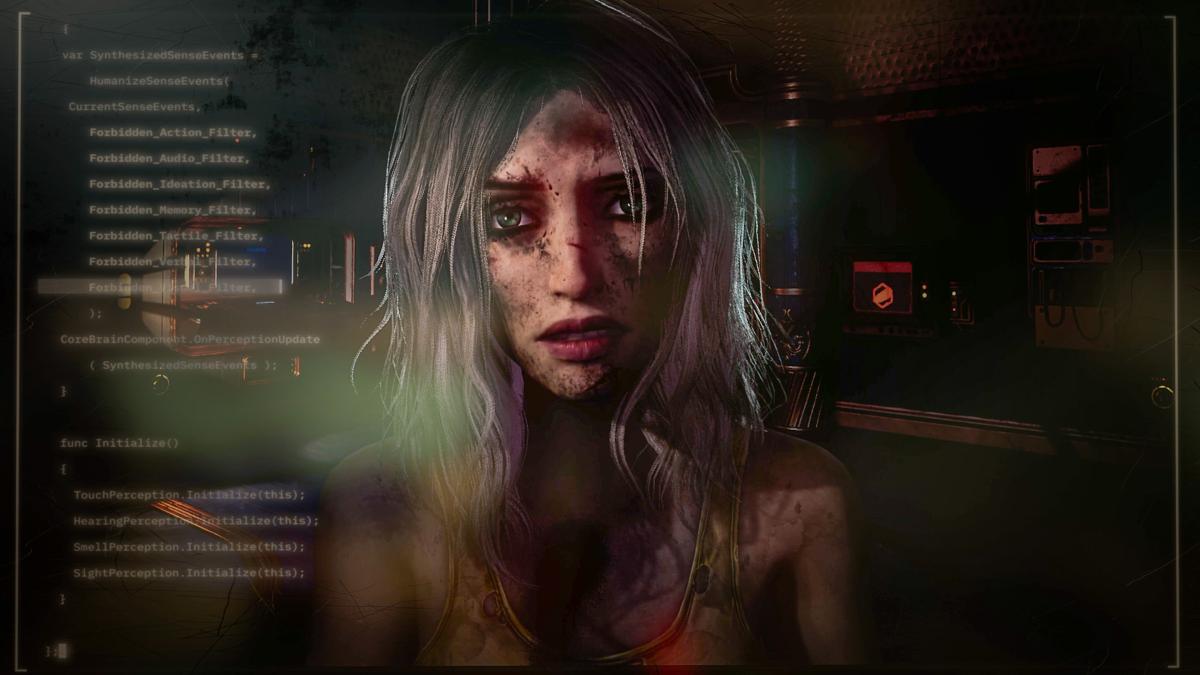

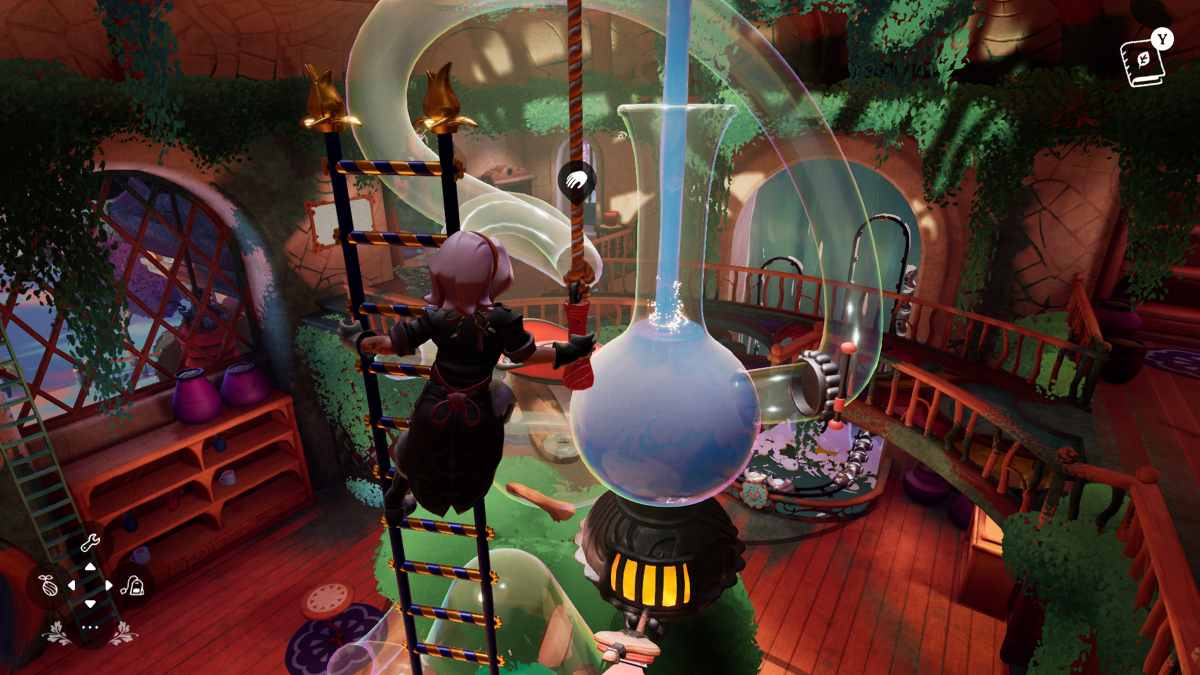

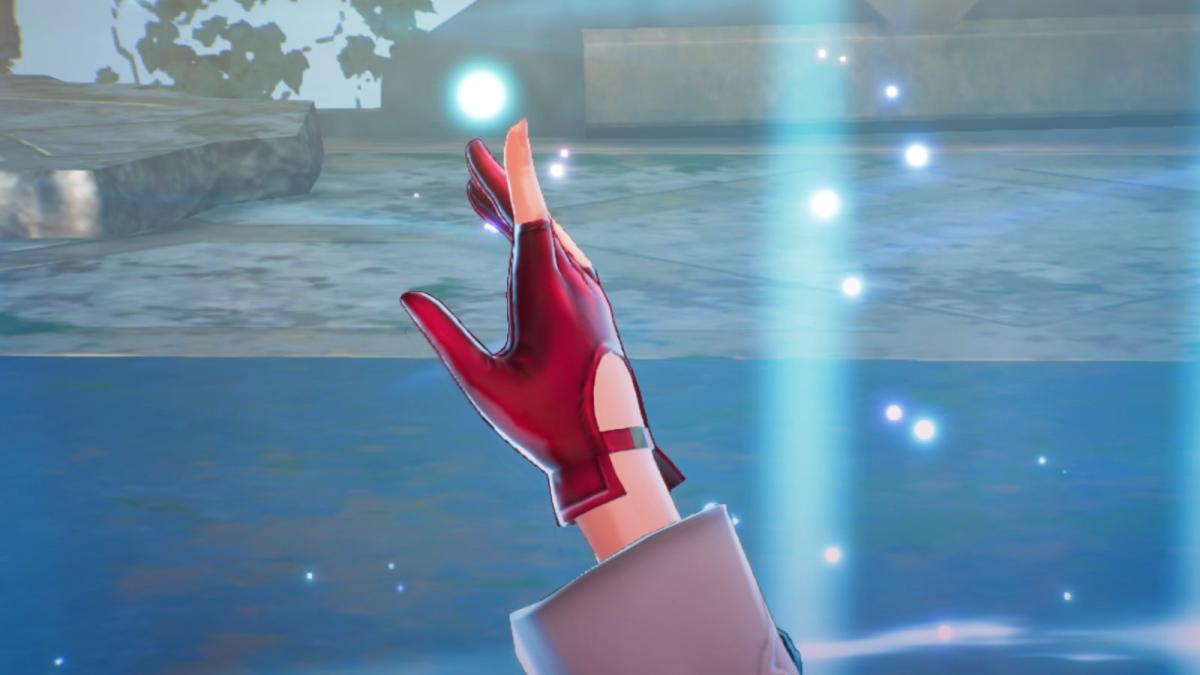

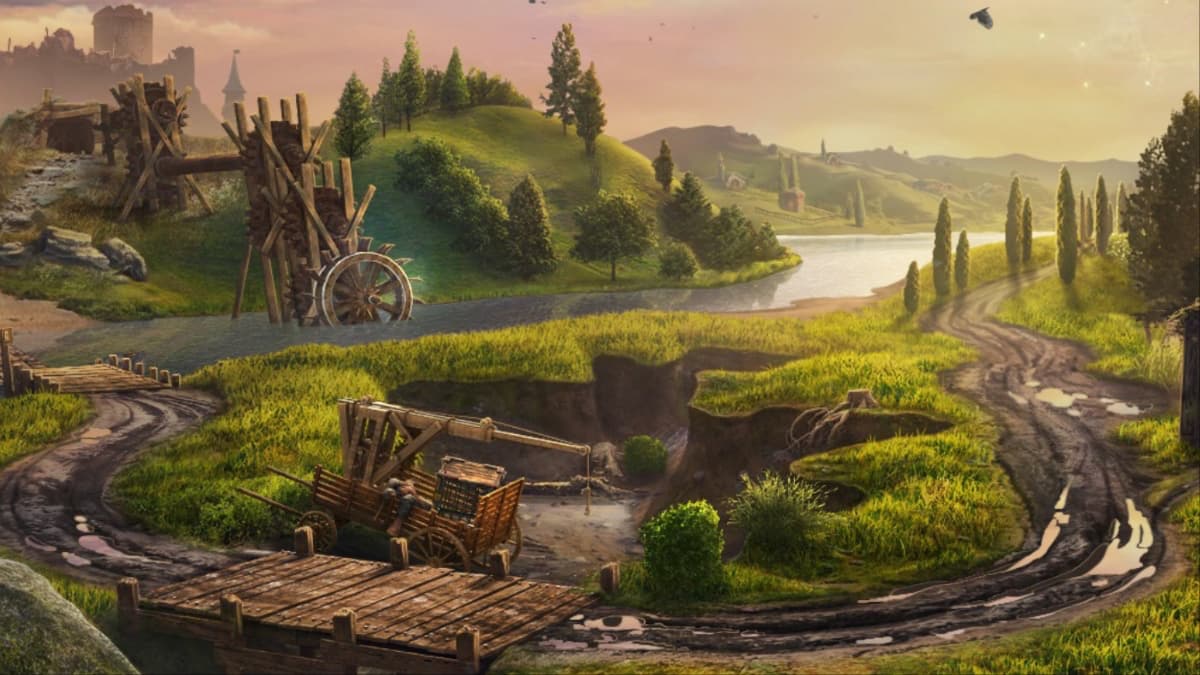




Published: Jan 31, 2024 10:23 pm